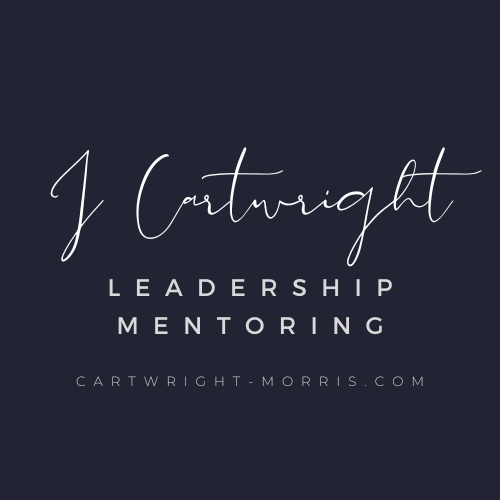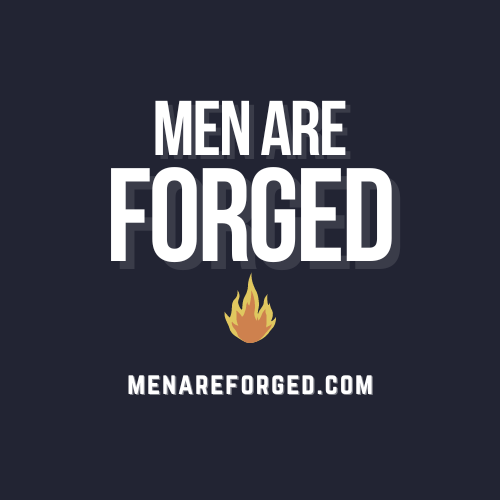Montana
What Freedom Brings
"We act not for ourselves, but for the whole human race. The event of our experiment is to show whether man can be trusted with self-government." - Thomas Jefferson
Driving through wide open rolling hills and green grass with thunder heads roaming miles away, I realized this was a first for me, experiencing this part of the country, Montana.
As a kid, I dreamed of places like this. I was raised on John Wayne movies, so imagining myself riding on horseback through this wide open space a hundred and fifty years ago seemed natural. In my youth, my imagination would run wild; I was righting wrongs, charging courageously across the Western frontier with a six shooter on my side and a death like stare that said I had a ‘past’. I was a man unfazed by bad guys nor influenced by want-a-be do-gooders. I was dangerous and free, guided only by the code, my code. But today, I was in a car with centralized A/C, watching the speed limit, guided by my recently updated GPS app, and delicately sipping a freshly brewed store bought coffee after sleeping in a hotel bed the night before.
My updated code was crackable.
The day before, I popped out of the northeast corner of Yellowstone National Park unsure of what I might stumble onto heading toward Montana and eventually the Blackhills of South Dakota and Mount Rushmore. The views were unreal, and I was amazed by the present reality. I pulled off the road and climbed to an overlook to see mountains I only saw on TV. The site gave me a perspective that flushed any question or concern, and my eyes meshed to the world around me with views that will redefine ‘perspective’. If this experience wasn’t new enough, I continued my drive toward my next stop, and after another thirty minutes, I approached the top of the mountain pass. Before my descension off the backside of this mountain, I noticed snow on the ground and glanced at the temperature gauge in my car which read twenty-nine degrees (Fahrenheit…duh). This seemed strange since it was the middle of the afternoon…in June! My thought was, “I guess Montana forgot it was summer.”
That night, I made a hotel stop in Billings, then the next morning began my route east with one important detour before my destination, The Battle of Little Bighorn National Monument.
The small parking lot and building rests atop a hill overlooking the battlefield. Driving down I-90 east, it was evident if the man-made structures didn’t exists, you would never know it was there. After arriving, I strolled through this current tourist attraction coming to a sobering realization that not too long ago a bloody battle had occurred here. I passed by landmarks, occasionally stopping to connect to the brilliance and courage of the Native American warriors moving through the hills and creeks toward their foe positioned with the high ground, yet I couldn’t help but to empathize with the fear the US soldiers felt as they realized their fate.
It was an overcast day with storms brewing in the distance; which gave weight to the eery feeling I was experiencing as I read descriptions of the scene. Yet something I read on a plaque toward the end of the exhibit grabbed my attention like a man seeing a million dollars cash for the first time. The plaque was referencing the events that preceded the battle in the late nineteenth century, ultimately leading to the conflict. The peace treaty of 1868 was offered by the US Government to the Native American tribes of this region; particularly the Lakotas. Though some were being allocated to reservations, much of the area was still being fought over and in turmoil from the arrival of settlers.
The offer from the United States Government, as I read, seemed reasonably. It was unifying to end fighting and provide sectioned land of several acres to each tribe. In my mind, this was a nice resolution and peaceful end to a time of fighting and death for many tribes. Then I read these words, “Each tribal chief unanimously rejected the treaty because they believed it wasn’t the US Government’s land to give.”
It was like I was coming to the end of movie expecting a feel-good ending, where everything is neatly wrapped, and you leave the theater smiling and comforted. However, I was reminded most things in life are not so cut and dry. I was taken back by the message of this truth, that life doesn’t always lead to a perfect ending or resolution, but by holding to your values and convictions, you never lose yourself and what makes you, you.
The Native Americans of this great nation knew something long before us, Americans. Freedom is not determined by someone else. We have to choose for ourselves what freedom is and no human power in this life can dictate my right to live, no matter how virtuous they believe they are.
My conviction to this truth was revitalized as I left, then confirmed, as I walked through the museum at Mount Rushmore, and read the words of Thomas Jefferson, “We act not for ourselves, but for the whole human race. The event of our experiment is to show whether man can be trusted with self-government." Freedom is not a feel good word to throw around nor is a dirty word that is tainted by man’s failures. Many people have walked this Earth and believe it to be a truth unharmed by man’s stupidity or greed, but resolute in its ability to give souls what they long for.

